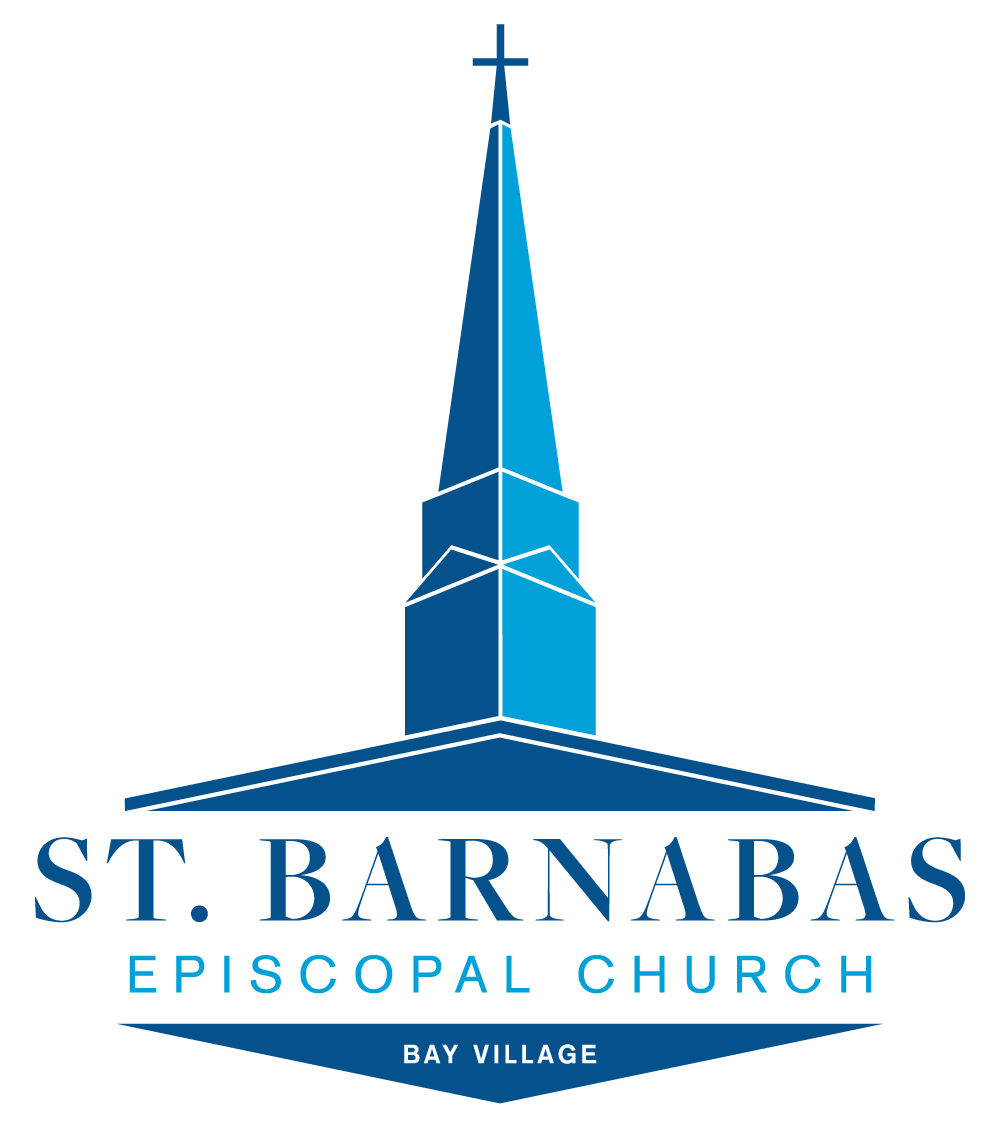What does it mean to be a member of St. Barnabas?
Presence
Members of St. Barnabas commit to be present for regular worship.
Participation
Members commit to participate in the wider life of the congregation in ways that range from building relationships at coffee hour to volunteering with outreach projects.
Prayer
Members commit to maintaining a life of prayer which includes praying for the mission of Christ’s Church and specifically for our congregation.
Pledge
Members commit to supporting the mission of St. Barnabas by pledging portions of their time, talent, and treasure to the work God calls us to do.
Joining the Church
Baptism: The Sacrament of Holy Baptism is always the first step for any Christian. Click here to learn more about baptism at St. Barnabas. We recognize baptisms from other churches as long as they were conducted with water in the name of the Father, the Son, and the Holy Spirit. In the Episcopal Church, we baptize at any age (acknowledging that God always chooses us first) and it is typical for those baptized as infants to be confirmed when they reach an age appropriate to make a mature commitment of faith.
Confirmation or Reception: Baptized Christians coming from another tradition officially join the Episcopal Church through confirmation or reception, which is also an opportunity to affirm the baptismal vows made on your behalf if you were baptized as a child.
Adults and mature teens wishing to be confirmed should plan to attend a series of confirmation classes at the church. These classes are scheduled prior to a visit by our bishop who performs the confirmation.
What’s the difference between confirmation and reception? Those who have already been confirmed in another Christian tradition with bishops in apostolic succession (Roman Catholics, Eastern Orthodox, some Lutherans) may choose to be received into the Episcopal Church at the time of confirmations. The rite and requirements are nearly identical. Click here to learn more.
Biannual welcoming of new members: Unfortunately, the bishop is only able to visit once every two or three years for confirmation. Still, making a commitment is important for new parishioners as they become part of the community. Therefore, we acknowledge and welcome new members twice a year – around St. Barnabas Day (June 11) and on Christ the King Sunday (the last Sunday before Advent). Anyone making a commitment to St. Barnabas is welcome to participate. We will announce a gathering or two leading up to those dates. Then we hope those coming from another Christian tradition will still choose to be confirmed or received during the next bishop’s visit.
If you are coming from another Episcopal Church: You can ask your previous congregation to send a letter of transfer and we will recognize you at one of the biannual welcoming of new members.
Next Steps
Sign up for the newsletter: Use this link to sign up for our weekly Thursday newsletter. It’s always the best way to keep track of what God is doing at St. Barnabas.
Attend on a Sunday: We’d love to welcome you on a Sunday morning for worship and coffee hour. This link tells you what to expect. If you’d like someone to sit with you to help relieve anxiety about navigating something new, just let us know.
Reach out: Contact us if you’d like to chat, ask questions, or learn about upcoming opportunities for baptism, confirmation, reception, or welcoming new members.
Get Involved: Please take home a Getting Involved brochure. Try something new! You never have to sign up for a long-term commitment.
Directory: If you’re not already listed, we’d love to include you. Just send your contact info and a photo to the parish office. Once your email address is listed in the directory, you’ll be able to access the online version.
Attend an Inquirers Gathering: We host these gatherings twice a year prior to the biannual welcoming of new members around St. Barnabas Day (June 11) and Christ the King Sunday (the last Sunday before Advent).
Ongoing formation: The Christian faith and life requires ongoing, lifelong formation as we continue deepening our exploration of the mysteries of God.


